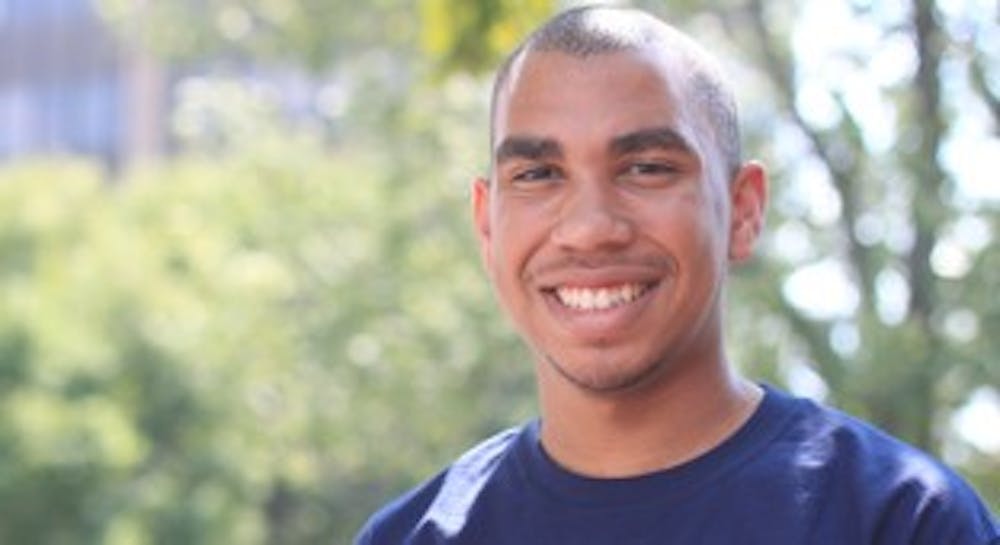O ur University is often regarded as one of the most progressive campuses in the nation. Chapel Hill and the surrounding community is widely considered to be one of the most liberal areas in the southern U.S.
However, contrary to popular belief, our beloved Chapel Hill is still not excluded from prejudicial practices. One practice in particular is racial profiling.
Racial profiling is described to be the discriminatory practice of targeting individuals for suspicion of crime based on the individual’s race, ethnicity, religion or national origin.
During my three years at UNC, I’ve definitely encountered a number of uncomfortable situations due to being a black male, but never one as extreme as that of UNC sophomore Audreina Blanding.
On Monday evening, Blanding said she was shopping at the CVS Pharmacy on Franklin Street when she was accused of shoplifting.
According to Blanding’s account, the authorities were called. They searched and interrogated her outside of the store after she made her purchase and exited the building. She said after all of this happened she received no apology of any sort. Blanding suggests that there is no reason beyond her race for why she was suspected of a crime .
Even though Jim Crow laws ended with the Civil Rights Act of 1964 and Voting Right Act of 1965, discrimination and racial profiling still occur today.
For example, the most recent data from the U.S. Department of Labor shows that black drivers are twice as likely as white drivers to be arrested during a traffic stop, and that whites were more likely than blacks to be verbally warned by the police .
We of course can’t forget New York City’s controversial stop and frisk law. Reports from 2012 showed that 55 percent of innocent residents that were stopped were black and 32 percent were Latino .



